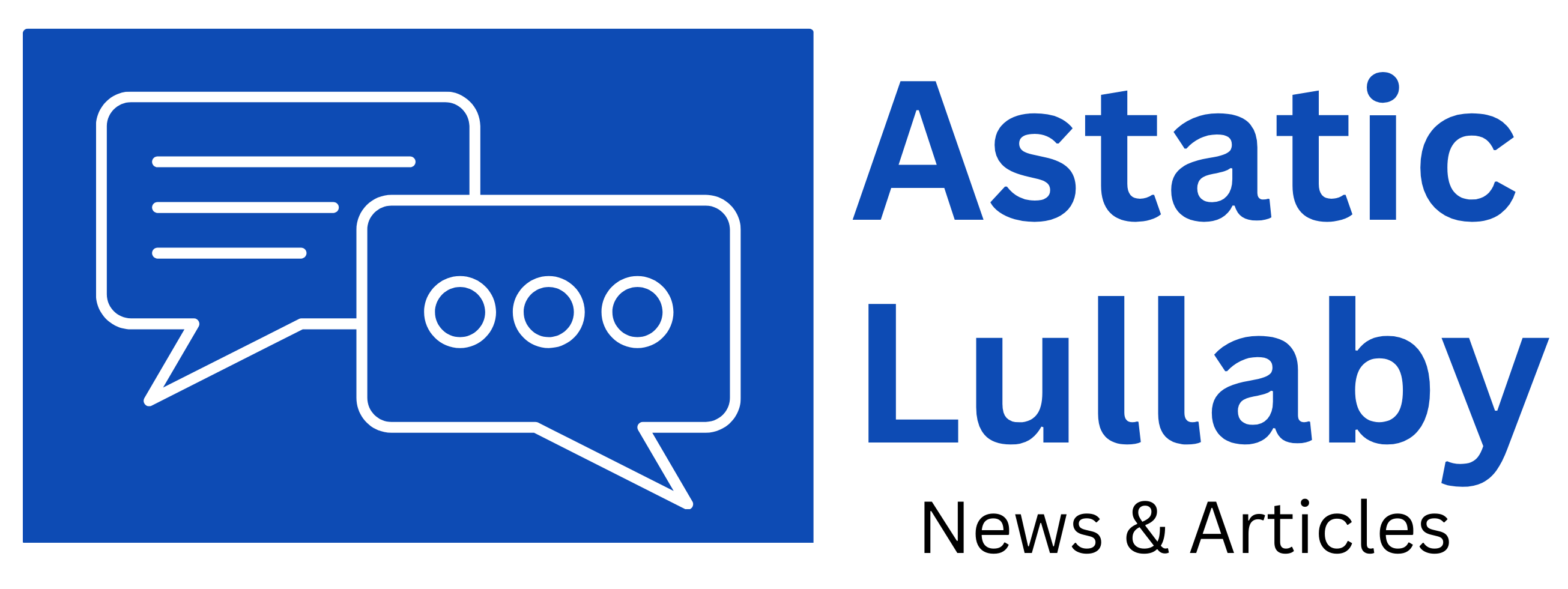Dual Diagnosis Treatment – Everything You Need to Know
There is a strong association between substance use disorders and mental health issues. Furthermore, many people suffer from both of these illnesses. A dual diagnosis treatment center specializes in assisting persons who are not only substances addictive, but also have a concomitant mental illness.

In case, you or a loved one of yours is suffering from co-occurring disorders, you know how much of a toll they can have on a person’s life. You are well aware of how difficult dual diagnosis may be. Moreover, like millions of other people dealing with comorbid conditions, you probably have a lot of questions and concerns.
One of the leading treatment centers for dual diagnosis in San Diego is Genesis recovery. They have a team of trained staff who helps you in treating any type of addiction. They are popular for providing treatment for addictions like alcohol, heroin, marijuana, cocaine, prescription drugs, meth, opiates, crack, stimulants, and many more. Therefore, if you are looking for a rehab center near you then you must contact Genesis Recovery center.
Contents
Understand What Is Dual Diagnosis Treatment?
Treatment for mental health and addiction includes medications prescribed to control the client’s psychological symptoms and stabilize them, allowing them to be more open to addiction treatment.
Dual Diagnosis inpatient treatment is a mentally ill person’s sole opportunity at a successful substance addiction rehabilitation. In Dual Diagnosis treatment centers, the staff receives training to customize the therapy plan for each client based on their age, gender, ethnicity, and physical or cognitive limitations.
Things You Must Know about Dual Diagnosis:

- You are not on your own:
You may not realize how prevalent dual diagnosis is. Approximately half of the people with drug addictions also have mental illnesses, according to studies. The same is true in reverse. The majority of persons who have a significant mental illness also have a drug or alcohol addiction. Therefore, you do not have to go alone in this battle. You will have professionally trained dual diagnosis treatment centers to support and strengthen you during the recovery process.
- Each case of dual diagnosis is distinct.
Dual diagnosis, like addiction, comes in a variety of shapes and sizes. To qualify as a dual diagnosis patient, an individual with comorbid illnesses must have any combination of mental diseases such as anxiety disorder, depression, etc., and addiction like drug dependency, alcoholism, or gambling addiction. As a result, dual diagnosis therapy must be distinct too.
- Dual diagnosis frequently necessitates long-term therapy.
Dual diagnosis is a difficult condition that often necessitates a lengthier treatment period. Individuals must focus on their mental and addiction problems separately and concurrently to maintain a successful recovery. It is consequently vital to stay in dual diagnosis treatment for a sufficient amount of time.

Mental illness and substance misuse, for example, can induce sorrow, inability to concentrate, excessive anxiety, mood swings, and detachment from family and friends. Eating disorders and physical symptoms of addiction can cause changes in eating habits, weight loss, and the appearance of being pale and emaciated. This makes treating DD a particularly difficult undertaking. As a result, seeing one or two indications and concluding that one has a co-occurring disorder is insufficient.

